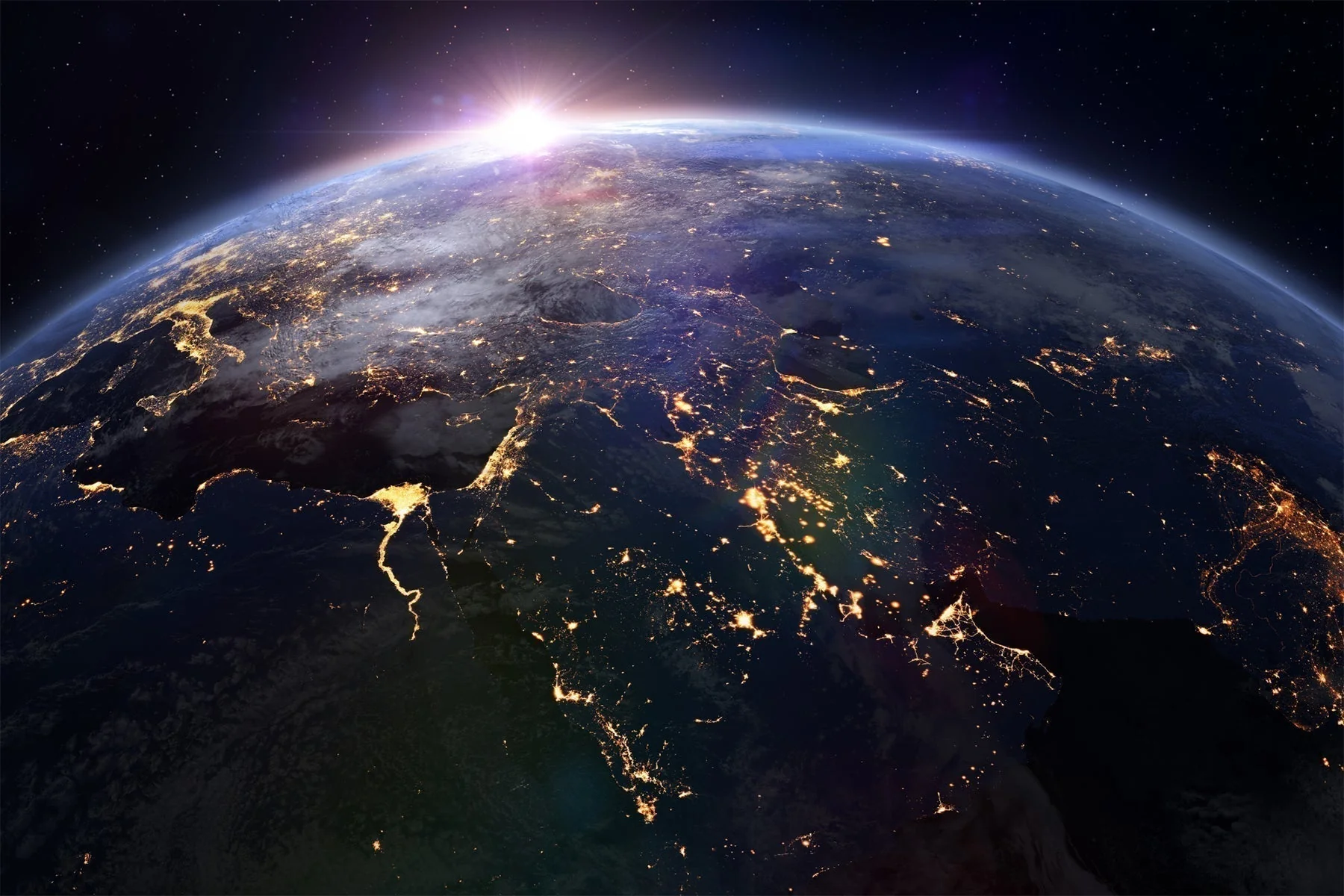In a phenomenon that has left scientists intrigued, the Earth's rotation is randomly speeding up, resulting in shorter days that are barely perceptible to humans. On Tuesday, August 5, the planet is expected to rotate faster than usual, shortening the day by between 1.25 and 1.51 milliseconds. This unusual occurrence has happened several times over the last few years, with the most recent instances occurring on July 10 and July 22. According to predictions made by the International Earth Rotation and Reference Systems Service and the US Naval Observatory, August 5 is set to be one of the shortest days on record, potentially even surpassing the previous shortest days on June 30, 2022, and July 5, 2024.
The reason behind this sudden speedup is still unclear, but scientists have several theories. One prevailing opinion is that the moon's position over the Earth plays a significant role in the planet's rotation speed. When the moon is further north or south than the Earth's equator, it can impact the planet's spin. On August 5, the moon will be quite far south of the equator, which is likely causing the slightly faster rotation. This phenomenon is expected to have a short-term impact on the Earth's orbit, but its long-term effects are still unknown. Despite the minor impact on our daily lives, this phenomenon has significant implications for our understanding of the Earth's rotation and its relationship with the moon.
The Earth's rotation has been slowing down over the past 245 million years, with days becoming longer by about an hour and a half since the time of the dinosaurs. This slowdown is largely attributed to the moon's gravitational pull on the Earth's oceans. However, recent trends suggest that the Earth's rotation is speeding up, with the moon's orbit being a significant contributing factor. A research paper published in Nature in 2023 proposed that the Earth's core may have started slowing down as recently as 2010, which could explain the planet's faster rotation. Nevertheless, this theory is still speculative, and more research is needed to confirm it.
The phenomenon of the Earth's speeding rotation has sparked intense interest among scientists, who are eager to understand the underlying causes. While the impact on our daily lives is negligible, this event has significant implications for our understanding of the Earth's internal dynamics and its relationship with the moon. As scientists continue to monitor the Earth's rotation and gather more data, we may soon uncover the underlying reasons behind this mysterious phenomenon. For now, August 5 will be a day that will go down in history as one of the shortest on record, a testament to the complex and ever-changing nature of our planet.
As the scientific community continues to study this phenomenon, it is essential to recognize the importance of continued research and observation. By monitoring the Earth's rotation and its relationship with the moon, scientists can gain a deeper understanding of the complex forces that shape our planet. This knowledge can have significant implications for our understanding of the Earth's internal dynamics, its climate, and its place in the universe. As we continue to explore and learn more about our planet, we may uncover even more surprising secrets about the Earth's rotation and its mysterious speedup.
In conclusion, the Earth's speeding rotation on August 5 is a fascinating phenomenon that has significant implications for our understanding of the planet's internal dynamics and its relationship with the moon. While the impact on our daily lives is minimal, this event has sparked intense interest among scientists, who are eager to uncover the underlying causes. As we continue to monitor the Earth's rotation and gather more data, we may soon uncover the mysterious reasons behind this phenomenon, shedding new light on the complex and ever-changing nature of our planet.

